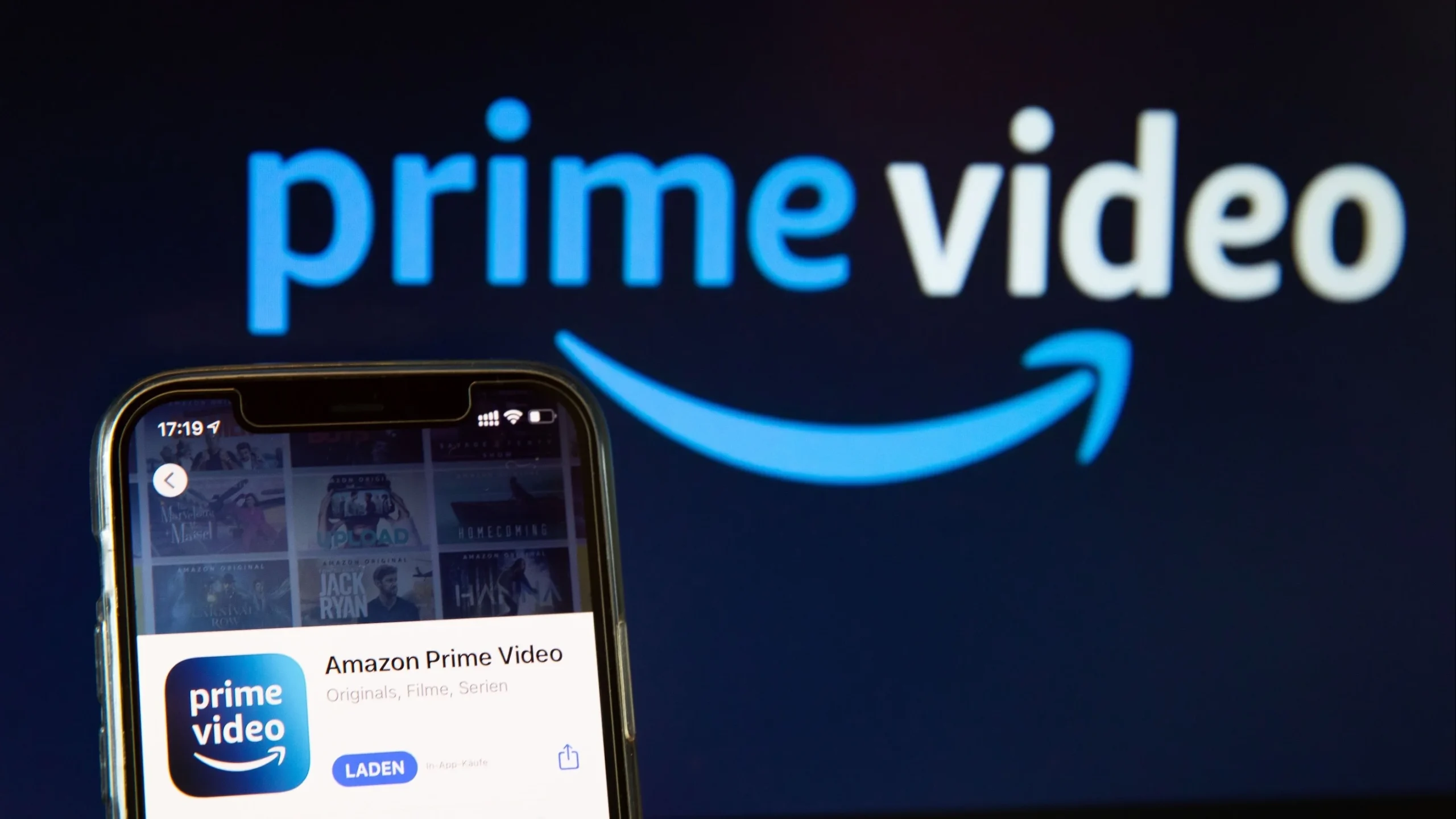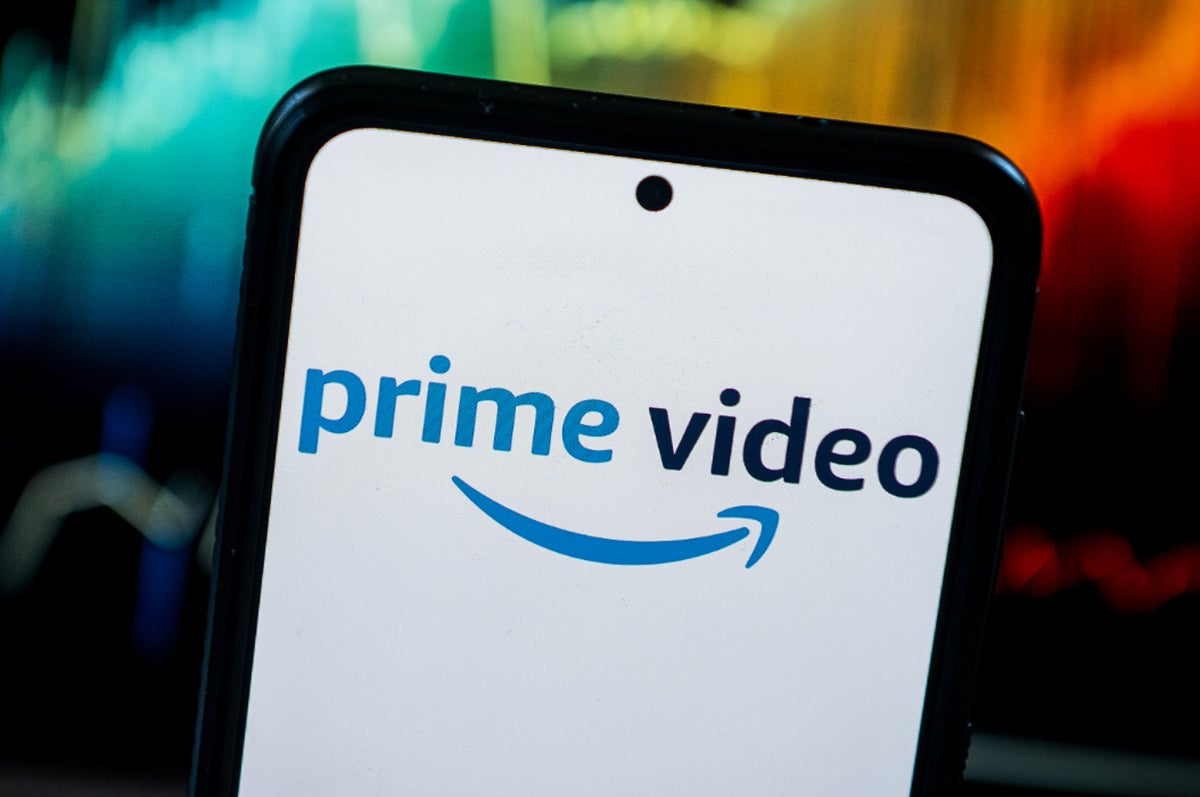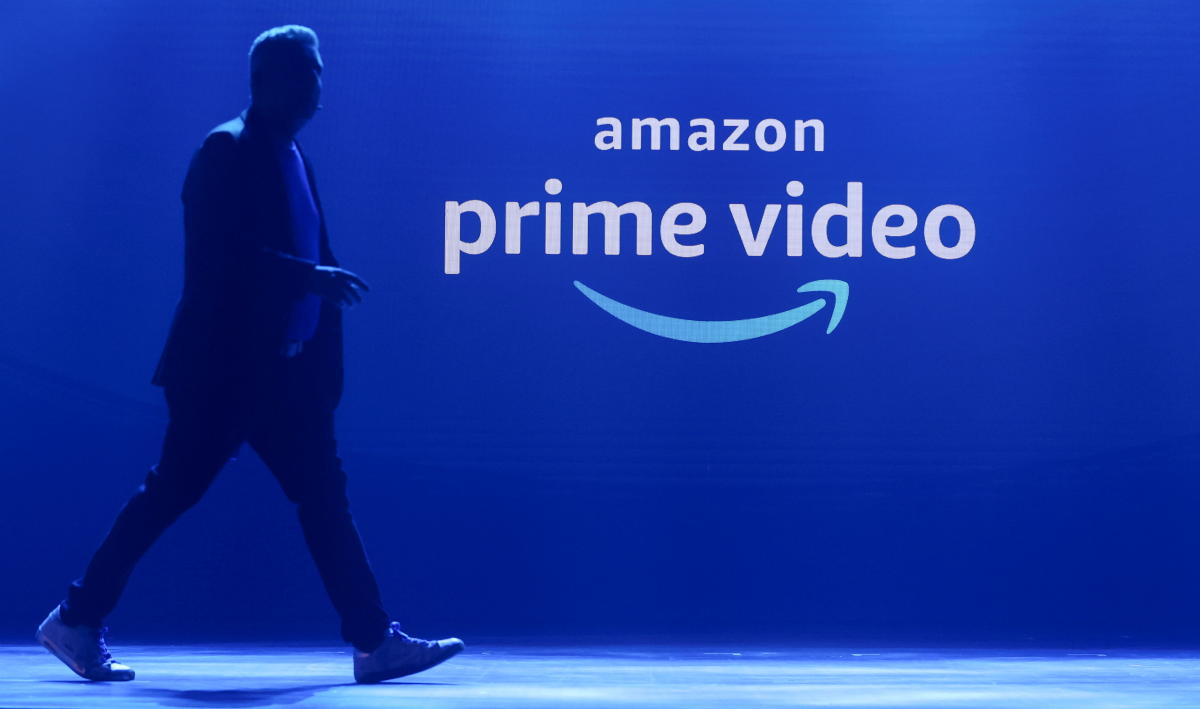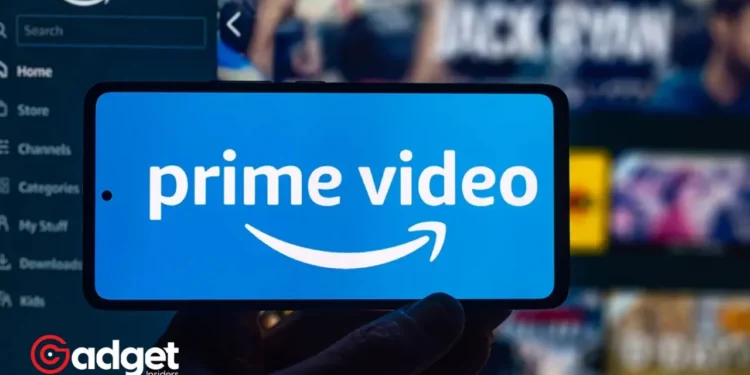In an unexpected twist that has caught the eye of both subscribers and industry insiders alike, Amazon Prime Video finds itself at the center of a burgeoning legal storm. This controversy stems from the platform’s decision to introduce advertisements into its previously ad-free service, a move that has sparked a class action lawsuit from its users.
The case alleges that Amazon has misled its Prime Video subscribers by breaching the contract and violating state consumer protection laws. This development signals a potentially pivotal moment for streaming services, challenging the boundaries of subscriber agreements and advertising practices in the digital age.

Amazon Prime Video: The Core of the Controversy
For years, Amazon Prime Video has positioned itself as a commercial-free haven for streaming enthusiasts, offering a wide array of content from blockbuster movies to critically acclaimed original series like The Boys.
However, the serene landscape of uninterrupted viewing experienced a seismic shift in late 2023 when Amazon announced the introduction of ads across the platform.
This abrupt policy change was met with significant backlash, prompting the company to offer an ad-skipping option at an additional cost of $2.99 per month. Despite this remedy, the damage was done, leading to legal action from the affected subscribers.

Legal Implications and Subscriber Backlash
The lawsuit filed against Amazon is not just a dispute over unexpected ads; it’s a confrontation about trust, transparency, and the sanctity of subscriber agreements. By switching the ad-inclusive tier to the default setting for over 100 million subscribers, Amazon has not only altered the terms of engagement without explicit consent but also imposed additional financial burdens on its users.
The legal challenge seeks at least $5 million in damages and aims to impose limitations on Amazon to prevent further unilateral changes that affect subscribers who joined before December 28, 2023.
Amazon is being sued after raising Prime Video prices
The lawsuit says it's deceptive to charge $3 extra after advertising Prime was 'commercial free' for years
“Subscribers must now pay extra to get something they already paid for" pic.twitter.com/WADuWnCEFB
— Culture Crave 🍿 (@CultureCrave) February 12, 2024
A Lesson for the Streaming Industry
This legal battle serves as a stark reminder to all streaming platforms of the importance of clear communication and adherence to agreements. Netflix, Disney Plus, and others are undoubtedly watching this unfold closely, aware that the outcome could set a precedent for how subscriber contracts are managed and how changes in service offerings are communicated.
The suit underscores a growing sentiment among consumers for fairness and transparency, especially when it comes to the costs and terms of digital services.

Lawsuit Against Amazon: Watershed Moment for Streaming Services
As this case progresses, it will be fascinating to see its impact not only on Amazon Prime Video but on the streaming industry as a whole. This lawsuit could potentially reshape the landscape of digital content consumption, setting new standards for subscriber agreements and advertising practices.
As streaming services continue to evolve and compete for viewership, the balance between monetization strategies and subscriber satisfaction remains a critical challenge. The outcome of this legal tussle may very well dictate the future direction of streaming service offerings, pricing models, and the overall viewing experience.










